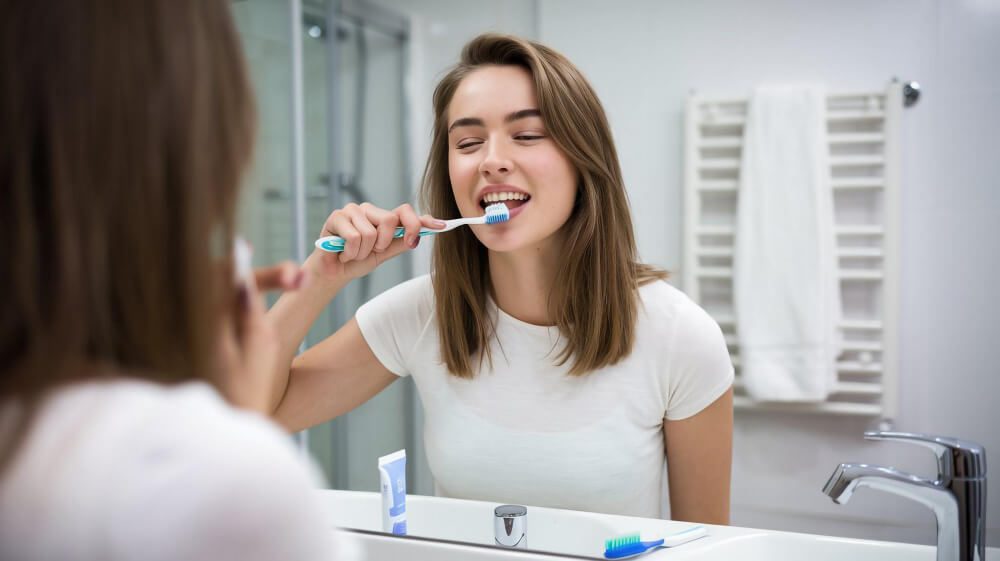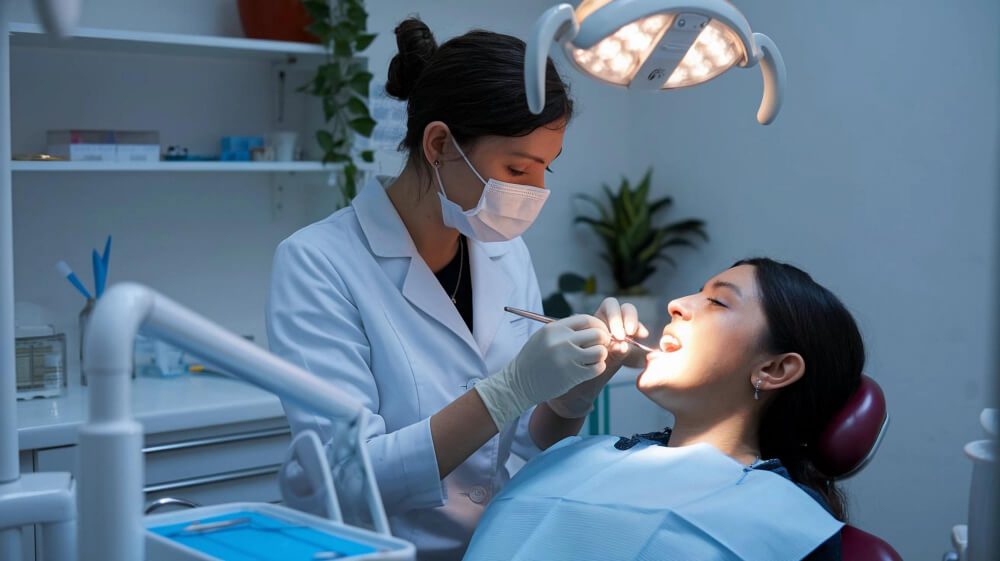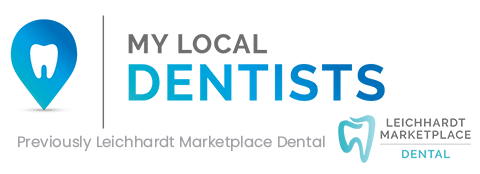Simple Oral Hygiene Practices to Avoid Cavities and Gum Disease

When it comes to oral hygiene, you probably already know the basics—brush, floss, repeat. But when gum disease or cavities sneak up on you, it can feel like you’ve done something wrong or didn’t do enough.
The truth is, oral hygiene isn’t just a routine—it’s your everyday defence against painful dental issues, expensive treatments, and, frankly, stress you don’t need. Let’s be real: no one enjoys sitting in a dental chair getting fillings or deep cleanings.
But the good news? With just a few thoughtful tweaks to your daily routine, you can actively avoid those problems before they begin.
Here’s how to take control of your oral health with simple, practical habits—no fancy tools or complicated steps required.
1. Brush With Intention, Not Just Out of Habit
You might brush your teeth twice a day, but are you doing it effectively?
Start by brushing for a full two minutes, twice a day. Most do it in 30-second bursts, leaving behind plaque and bacteria, which can develop dental cavities and periodontal disease.
Set a timer, hum a song—whatever works. Just make sure you give your teeth the time they deserve.
Brush using a soft-bristle toothbrush to protect your gums and enamel. And always angle the bristles at 45 degrees toward the gumline.
That’s where bacteria like to hang out, so cleaning that area gently but thoroughly makes a real difference.
2. Use Fluoridated Toothpaste (Yes, It Matters)
Fluoride isn’t just a buzzword—it’s a cavity-fighting superhero. This mineral, which occurs naturally, hardens tooth enamel, making it impervious to acid produced by bacteria or food.
Make sure your toothpaste says “fluoride” on the label. It’s a small detail that makes a big impact in the long term.
3. Don’t Skip the Floss—Seriously
Think of flossing as cleaning the spaces your toothbrush can’t reach. If you’re brushing without flossing, you’re missing up to 40% of your tooth surfaces.
That’s like washing dishes but only rinsing the top. It doesn’t have to be a chore.
Try using floss picks or interdental brushes if traditional string floss feels awkward. The key is consistency. Once a day is enough—but it has to happen.
4. Rinse With Purpose
A quick swish of water after meals helps, but adding an alcohol-free, antibacterial mouthwash once a day takes things up a notch. Mouthwash can reduce plaque, freshen breath, and help fight early-stage gum disease.
Just make sure to use it after brushing and flossing, not as a replacement.
5. Be Kind to Your Gums
It is the gums that one can easily ignore in everyday oral care. But most of the time, you can detect gum disease (gingivitis) by red, swollen or bleeding gums, and this can turn into a serious condition easily unless taken early.
Massaging your gums with your toothbrush while brushing, staying hydrated, and avoiding aggressive brushing habits can all protect your gum health. And if something feels off—don’t wait. Early treatment is always easier.
6. Watch What You Eat (And Drink)
Sugar is one of the leading culprits behind tooth decay. Bacteria in your mouth get sugary food on them and excrete acid, which attacks your enamel.
This doesn’t mean you need to cut out every treat. But try to:
- Limit snacking between meals, especially sugary snacks
- Choose water over sugary drinks, mainly soft drinks and juice
- Eat more fibre-rich foods, like apples, celery, and carrots—they help clean your teeth naturally
And if you’re sipping on coffee or soda throughout the day, try to drink it in one sitting instead of stretching it over hours. Frequent exposure means more time for bacteria to thrive.

7. Stay on Top of Your Dental Appointments
Even if everything feels fine, routine dental check-ups can catch problems early—sometimes before you even notice them.
Your Leichhardt dentist can see the evidence of decay, gum disease, and tooth enamel erosion in advance, much before the individual notices any pain or discomfort.
Professional cleanings remove hardened plaque (tartar) that you can’t get rid of at home. Aim for a dental check-up and clean every six months, or more often if your Leichhardt dentist recommends it.
8. Don’t Use Your Teeth as Tools
We’ve all done it—torn open a package with our teeth or held a pen cap between our molars. But using your teeth for anything other than eating can cause cracks, chips, or wear.
If you want to avoid sudden dental visits, let your teeth stick to their day job: chewing food.
9. Pay Attention to Early Warning Signs
Your mouth is good at sending signals when something’s wrong. Sensitivity, bleeding gums, persistent bad breath, or even a metallic taste can all point to underlying issues like gum disease or early decay.
Don’t ignore these signs. The earlier you act, the easier and more affordable the treatment will be.
Small Habits. Big Results.
Taking care of your oral hygiene doesn’t have to be overwhelming. It’s really about showing up for your smile in small, consistent ways.
When you do, you’re not just avoiding cavities and gum disease—you’re investing in your confidence, your health, and your peace of mind. Because when your mouth feels good, everything else tends to feel a little better, too.
Oral Hygiene in Leichhardt
If it’s been a while since your last dental visit, or you’re ready to take a more proactive approach to your oral hygiene, we’re here to support you.
Book a check-up today at My Local Dentists with a friendly and experienced team that understands life gets busy—but your smile still deserves the best care.
Let’s make your oral health simple, stress-free, and something you can feel good about
Contact your Leichhardt dentist at (02) 9171 0840 or visit us at Shop 48, Leichhardt Marketplace Shopping Centre, 122-138 Flood Street in Leichhardt.

